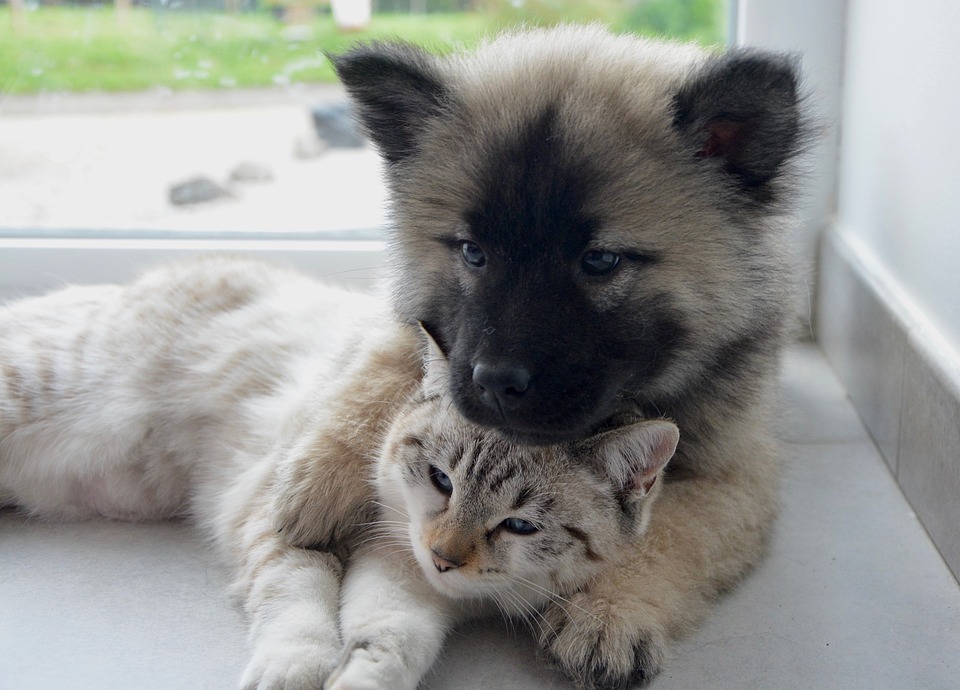Pet Poison Prevention Month: How to Protect Your Pet from Poisonous Items
Poisonous Plants for Pets
Many common household flowers and plants are surprisingly toxic to dogs and cats. The bulbs of some plants are especially poisonous. Therefore, it is ideal to keep the following plants out of reach from your pets:
- Tuplis
- Oleander
- Daffodils
- Lilies
- Azaleas
- Lilacs
- Geraniums
- Poppies
- Daises
- Amaryllis
- Holly
If you have a cat, make sure your home is free of lilies. On the other hand, avoid azaleas if you have a dog. Ingestion of even a few petals or leaves of these plants could be fatal.
Poisonous Household Products for Pets
Yard Protection Products
Any yard protection product that contains organophosphates and large amounts of iron can cause problems for your pet. These products can include the following:
- Fertilizers
- Weed killers
- Pest control products
Signs your pet may have ingested one of the above products include the following:
- seizures
- vomiting
- bloody stool
- liver
- heart issues
Household Cleaners
It is likely that there are hazardous items in every home, particularly when considering common cleaners such as the following:
- Bleach
- Toilet bowl cleaner
- Oven cleaner
- Carpet freshening powders and shampoos
- Grill cleaner
- Fabric softener sheets
- Detergent
- Vinegar
Contact with small amounts of these household cleaners may not necessarily be deadly. However, they will certainly irritate your pets’ digestive and respiratory systems. We suggest the following to prevent pet poisoning with household cleaners:
- closely following the instructions on the label
- throwing away dirty or unused solutions
- putting away mops, sponges and other cleaning aids
Medications and Cosmetics
The following products may seem harmless, but they can be extremely toxic to both cats and dogs:
- Aspirin
- Ibuprofen
- Mosquito repellent
- Petroleum jelly
- Cigarettes
- Tobacco
- E-cigarettes
- Nicotine patches
There are very few human medications that are also approved for use in pets, which include over-the-counter pain relievers. Don’t use these medications, unless your vet instructs you to do so. Also, make sure to follow recommended dosages to avoid an overdose.
Be Prepared in Case of Pet Poisoning Emergency
Make sure you know the signs and symptoms of pet poisoning. Some effects of pet poisoning are not visible to the eye, such as heart arrhythmias, kidney or liver damage. However, if you see a change in urination habits it may be a sign of pet poisoning.
Common signs and symptoms of pet poisoning include the following:
- Vomitting
- Diarrhea
- Drooling
- Convulsions
- Depression
- Lethargy
- Black or bloody stool
For more information on Pet Poison Prevention Month, or if your pet shows any of the above signs, contact your veterinarian here at All Pets Veterinary Medical Center with the link below. Make note of what toxic you believe your pet may have ingested or come into contact with so that we can better help your pet. If you cannot speak with your vet, call the ASPCA National Animal Poison Control Center at 1-800-548-2423.
















